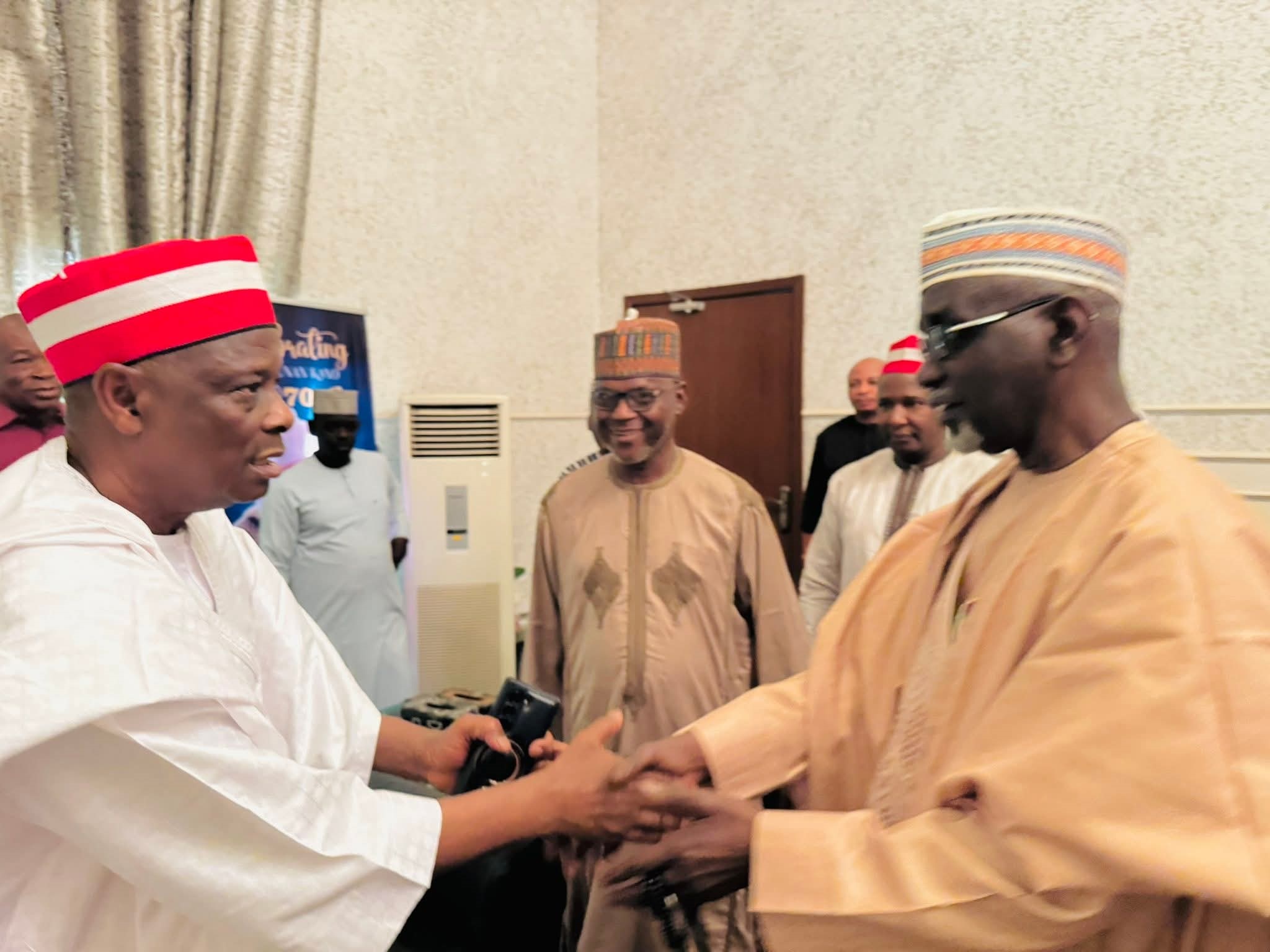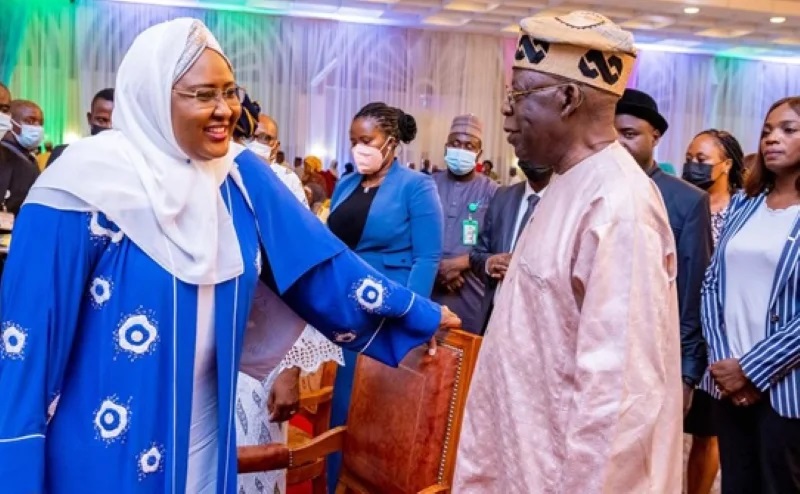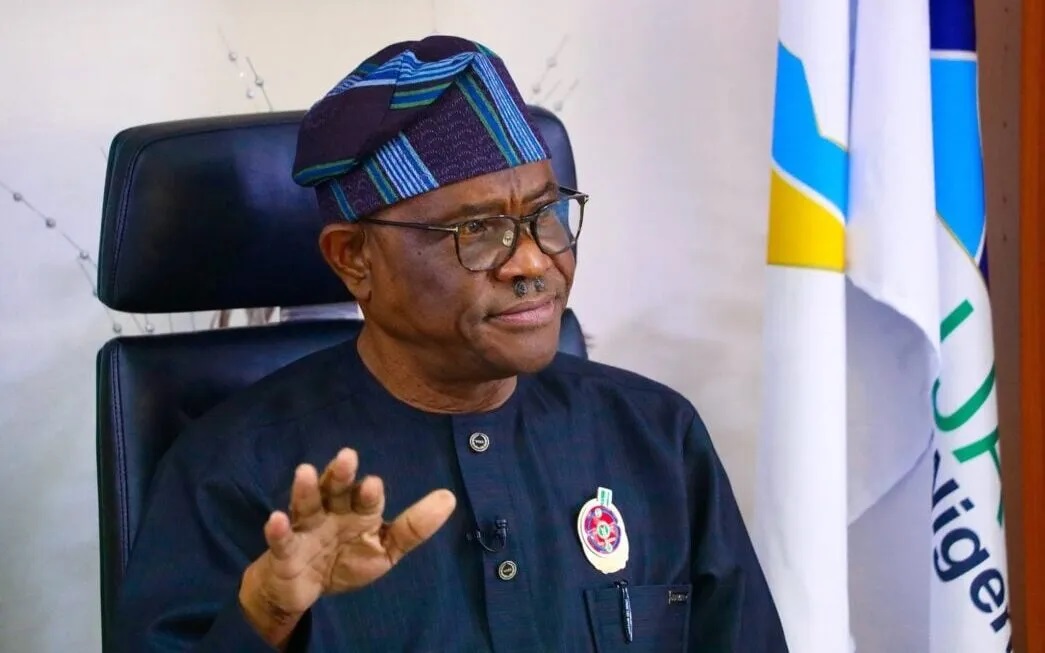The Socio-Economic Rights and Accountability Project (SERAP) and the Nigeria Guild of Editors (NGE) have urged President Bola Tinubu to review the Cybercrime Act and other restrictive laws.
They called for an assessment of these laws for potential restrictions on free speech and press freedom in Nigeria.
At a joint press conference on Saturday in Ikeja, the General Secretary of NGE, Dr Iyobosa Uwugiaren, and SERAP’s Deputy Director, Mr Kolawole Oluwadare, made the appeal.
The theme of the conference was ‘Unchecked Injustice: How Authorities are Weaponising the Cybercrime Act to Stifle Peaceful Dissent and Media Freedom in Nigeria.’
SERAP and NGE called on the government to amend the Cybercrime Act in line with constitutional and international human rights standards.
They stressed the importance of upholding media freedom.
The groups also urged the government to ensure that state governors, the Nigeria Police, and the Department of State Services (DSS) respect the rights of all Nigerians, including journalists and activists.
Uwugiaren, reading the joint statement, urged the President Tinubu, state governors, and the FCT minister to respect press freedom, access to information, and the rule of law.
He also called on the Attorney-General to push for an immediate amendment of the Cybercrimes Act, aligning it with the Nigerian Constitution and international human rights obligations.
“The Attorney General should advise President Tinubu to promptly implement outstanding court judgments, including the ECOWAS Court ruling on the Cybercrimes Act,” Uwugiaren said.
He also urged the National Assembly to review and amend the Cybercrimes Act and other restrictive laws to align with international human rights commitments.
Uwugiaren further called on state governors to ensure security agencies drop charges against journalists, bloggers, and media workers, and cease arbitrary closures of media outlets.
In his remarks, SERAP’s Oluwadare condemned the use of the Cybercrimes Act to imprison peaceful protesters, saying it sends a chilling message about the government’s priorities.
He said laws like the Cybercrimes Act, which do not align with constitutional and international standards, undermine democracy and the rule of law in Nigeria.
Oluwadare referred to the 2023 and 2024 Freedom House Reports, highlighting a decline in internet freedom due to the increasing arrests of bloggers since the Cybercrime Act’s amendments.
He noted that many of those arrested remain detained at police stations or courts.
Oluwadare also cited data from the Centre for Journalism Innovation and Development (CJID), which reported 110 verified press attacks in 2024.
He added that attacks on the press between the first and third quarters of 2024 had already surpassed the total for 2023.
Former Editor-in-Chief of The Guardian, Mr Martins Oloja, also spoke at the conference, referencing cases of detained journalists and how they were reported by The Guardian.
Oloja highlighted data from Media Rights Agenda, which showed that 45 journalists were attacked in 2024.
He stressed the role of journalists in monitoring governance and emphasised that the media is constitutionally empowered to scrutinise government activities. (NAN)





